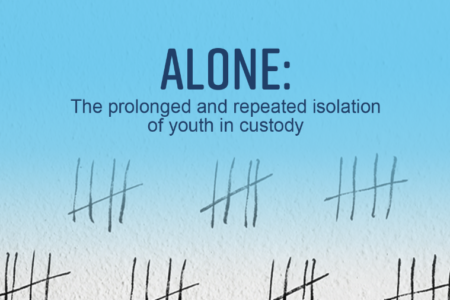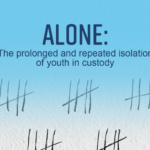Aqulini squeaks in a proposal to meet deadline set by RDKB
After nearly a year of silence from Aquilini Renewable Energy, they have met the deadline of Mar. 11 set by the Regional District of Kootenay Boundary (RDKB) by providing a detailed proposal for the development of a waste-to-energy plant at Christina Lake. Opponents of the plant, the group named Protect Christina Lake, say that’s not enough.
John Negrin confirmed yesterday that he had submitted the proposal both electronically and by courier to the RDKB. He hopes that Aquilini will now be given the go ahead to proceed with community consultations and next steps in the process. When Negrin initially applied to the RDKB on behalf of Aquilini for a zoning bylaw change in Oct. 2008, he was asked to provide more information and to complete a community consultation process.
Negrin said there was some confusion about what the RDKB required to be completed by Mar. 11, and that he has had discussions with them that have cleared up the issue of community consultation.
“We’re going to have the project in front of the regional district as requested. We had a bit of discussion about the public process and whether it was our end or their end,” said Negrin. “There was a misunderstanding about when we were conducting that public consultation. Where we’re headed with that is: the first step was to get the document in front of the regional district. Then we’ll go to the public and have public consultation. We felt it was more prudent that we take it one step at a time. We resolved that yesterday.”
Richard White, a resident of the Ponderosa area of Christina Lake where the plant is proposed to be built, said that the RDKB’s motion, made on Oct. 29, 2009, was very specific. That motion, he said, included a requirement to complete a community consultation process – one that they have been waiting for since 2008 and is still not complete.
“We don’t know what the regional district plans on doing so we’ll have to talk to them,” said White. “As part of the motion he (Negrin) had to complete a consultation process that he can’t get done by tomorrow (Mar. 11), so I’m not sure what the RDKB intends to do. Only a portion of the directive from the RDKB was completed. So I’m not sure they can even accept the new submission without completing the whole directive. For some reason, I don’t know why, he’s leaving it to the last minute. I think the majority of people don’t want the plant, not just Christina Lake but the Boundary.”
White said they will continue to make presentations to the regional district as the process unfolds clearly stating the community’s opposition to the proposal.
Negrin explained that the proposal now provides specifics about the technology that the group is planning to use in the plant – a process called anaerobic distillation. Negrin said that in their initial proposal there were various types of technologies noted as they had not decided on one in particular. Now, they have been able to determine the most appropriate for their proposed plant.
“We call this a living document. We expect to have the regional district go through the document, and they will have questions or recommendations or changes that they’re going to want to see,” said Negrin. “And then we’ll revise the document on their direction, and we’ll continue to move forward. It’s not an ultimate presentation that this is it and this is how we’re doing it. This being an open and transparent process we expect to accommodate all of that.”
Regional Director for Area C, Grace McGregor, said that the process is clearly outlined in the RDKB policies. Aquilini’s proposal must be taken to the Area C Planning Commission which is meeting on Apr. 6. After the committee makes its recommendations, the proposal will move to the Planning and Development Committee, and then on to the board of the RDKB.
Since Aquilini initiated the development of the plant in Christina Lake there have been two plants approved in the province of B.C. One in particular, in Kamloops, is a gasification plant and has been approved by both the Ministry of Environment and Interior Health. Both of these agencies might be the same group responsible for overseeing approvals for the Christina Lake project.
Negrin does not see either the plant in Metro-Vancouver or Kamloops as a threat to their project since they are using different processes (incineration and gasification), and different waste inputs for fuel in the plant. In Kamloops, they are largely looking at processing railway ties.
“Whether that project is successful or not successful, we really don’t deem as being able to impact our project because our project will stand on its merits. It has a technology that does exist in North America and Europe with a very strong track record,” said Negrin. “As opposed to the technology in Kamloops, our technology is proven with demonstratable commercial operations. We are competitive and the location we have provides for the greatest competitive advantage.”
Links:






















